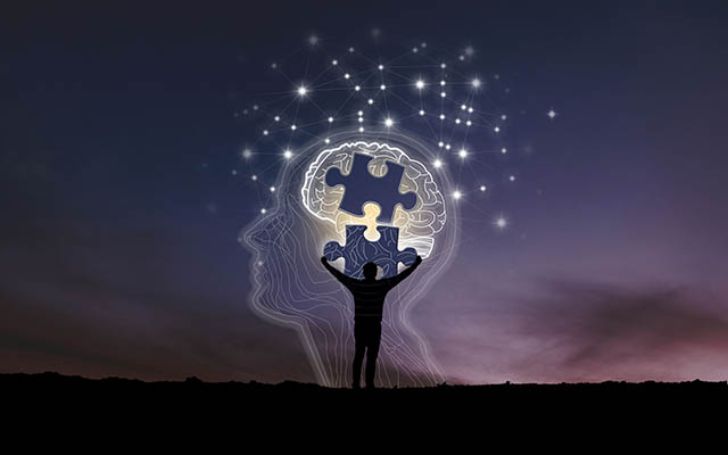When we hear the word addiction, we usually think of alcohol, tobacco, or drugs. But did you know you can be addicted to behaviors too, like endlessly scrolling your phone, compulsive shopping, or binge-watching shows even when it harms your life? Welcome to the rising challenge of behavioral addictions—a growing mental health concern silently affecting people of all ages, especially in urban areas like Kathmandu and beyond.
What Are Behavioral Addictions?
Behavioral addictions are patterns of compulsive behavior—like excessive gaming, gambling, or social media use—that a person continues even when it starts negatively affecting their work, relationships, or health. These behaviors may feel good temporarily but ultimately cause long-term damage. Some common examples:
- Internet and mobile phone addiction
- Gaming disorder
- Social media overuse
- Pornography addiction
- Compulsive shopping
- Food addiction
- Gambling disorder
If these behaviors are taking over your time, energy, or peace of mind, it may be time to take a closer look.
Why It Matters?
You might think, “It’s just a phase.” But research shows that behavioral addictions affect brain chemistry just like drug or alcohol addiction. They are linked with anxiety, depression, ADHD, and obsessive-compulsive traits. They often co-exist with other substance use problems. A 2020 meta-analysis found that internet addiction alone affects over 7% of people globally, while internet gaming disorder affects around 2.5%, and these numbers are rising.
Warning Signs You Shouldn’t Ignore
- Using the behavior to escape stress or negative emotions
- Losing control over how much time you spend
- Feeling anxious or irritable when not engaging in it
- Hiding the behavior from others
- Neglecting responsibilities due to the behavior
- Repeated failed attempts to stop
- If this sounds like you or someone you care about, you’re not alone, and support is available.
Debunking Common Myths
“Only teenagers are affected.” ❌ False.
Adults are just as vulnerable.
“There’s no real withdrawal.” ❌ Incorrect.
People can feel low, irritable, or restless when trying to stop.
“It’s harmless fun.” ❌
Behavioral addictions can destroy relationships, finances, and mental peace. Recognizing the signs early helps prevent long-term damage.
When to Seek Help?
If your habits are interfering with work, studies, sleep, or relationships, it’s time to consult a mental health expert. Behavioral addictions are treatable. The same therapies used for substance addiction are often effective for behavioral addictions, too. Treatment usually includes:
- Psychiatric assessment to diagnose underlying conditions
- Therapies like Cognitive Behavioral Therapy (CBT)
- Digital detox coaching
- Family counseling
- Medications (if needed)
The goal isn’t total abstinence (which may not be practical for behaviors like internet use), but moderation and control.
Self-Help Tips to Get You Started
- Set app usage limits or digital curfews
- Replace screen time with real-life hobbies
- Turn off notifications
- Plan offline social activities
- Ask a friend or family member to support your goals
- But if you’ve tried and failed to cut down, professional support is your best option.
Family Support is Key
Families can play a huge role in:
- Recognizing early signs
- Encouraging treatment
- Supporting the recovery process
- Preventing relapse
- Don’t fight this alone—teamwork improves outcomes.


